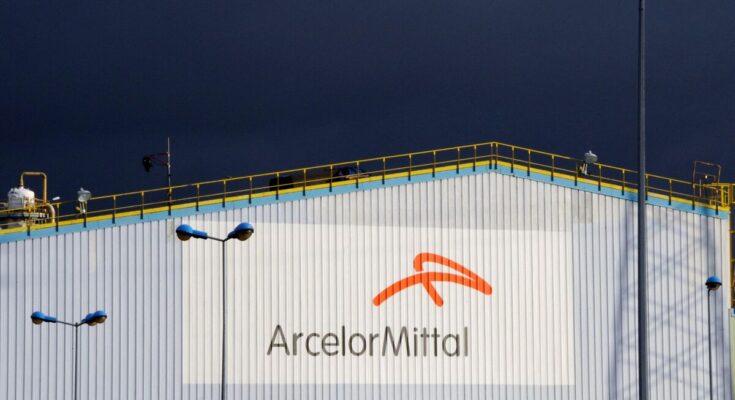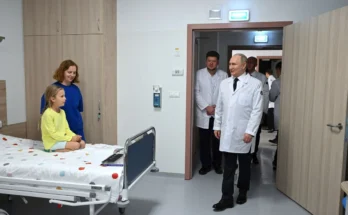The Finance Committee of the National Assembly on Wednesday adopted a draft law from France Insoumise that aims to nationalize ArcelorMittal in France, to “save the steel industry” and finance its decarbonization.
The text put forward by MP Aurélie Trouvé was supported by the left as a whole, rejected by the right and center, while the RN’s abstention was the counterweight. This should be checked in the hemicycle on November 27, the day reserved for the LFI group initiative.
“For 40 years, France has allowed its steel production to decline,” denounced Aurélie Trouvé, and accused the ArcelorMittal group of accelerated relocations and underinvestment since its 2006 takeover despite public assistance.
He believes that nationalization is essential to begin the rapid decarbonization of blast furnaces, otherwise the sector will be condemned by European regulations in the future. MEPs estimate the cost of this nationalization at 3 billion euros, based on hearings and work carried out by MEPs on the issue.
“Shifting the problem to taxpayers”
Meanwhile, groups in the government camp consider the measures “ineffective”. “Putting companies on public life support services will not solve competition with Chinese steel,” replied general budget rapporteur Philippe Juvin (LR), while appealing for European action on import duties.
For Marie Lebec (Renaissance) “the nationalization of a sector in crisis will not solve anything except shifting the problem onto taxpayers”.
The RN, which abstained, instead proposed a “golden share”, namely a state veto over strategic decisions without direct management. Jean-Philippe Tanguy warned about the “deceptive effects” of nationalization under the current government, which “would risk letting companies rot” and discrediting the tool.
Aurélie Trouvé replied that the “golden share” would only allow a defensive role, without allowing the relaunch of investments necessary for the ecological transition and therefore for the survival of the sector. A similar communist bill to nationalize ArcelorMittal was examined by the Senate in late October, but was rejected.



